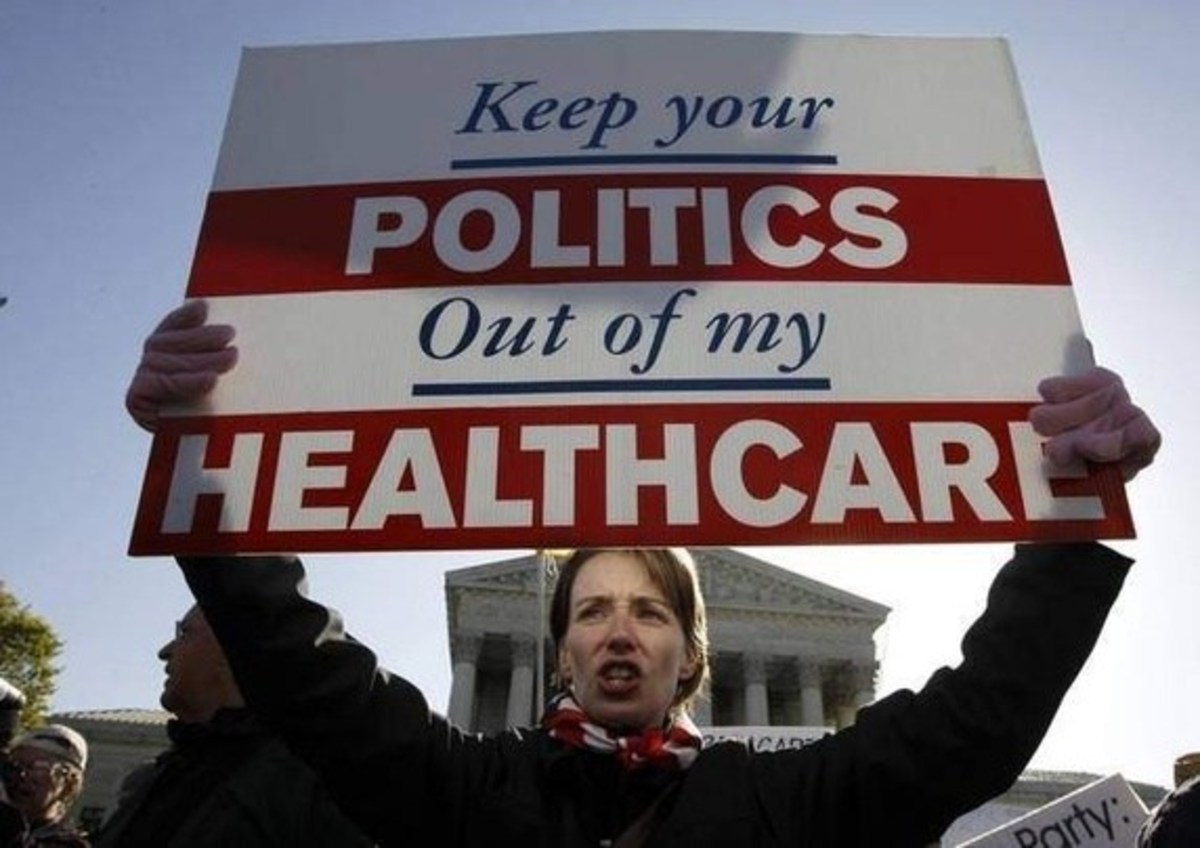What is the American Energy Renaissance Act?
This legislative proposal should have enormous bi-partisan support both in the House of Representatives and the Senate. All individuals know but some will not admit that creating an environment to make our country more energy independent has been hampered by EPA rules and regulations. Ignoring the issue with the EPA is making the situation worse rather than better.
There are basically two objectives of this proposal. One purpose is to prevent the federal government from stopping the energy renaissance that is blossoming across the country. It is a known fact that where energy production has increased through accessing our reserves through state approval salaries are up and unemployment is down. The second objective is to expand the lands, the resources that are available for the private sector to develop so the American people can received what they want jobs and economic growth.
To achieve the objectives identified in the preceding paragraph there are nine elements of this legislation contained in this proposal. The first is to leave the regulation of hydraulic fracturing in state hands not the federal government. From all reports and analysis there is little if any potential environmental impact from allowing the use of this technology. The fact that this process is being used successfully in several states is verification that the process is working. There are those who complain of this process impacting the water table but verifiable evidence of this claim has not surfaced and may never surface. I am all for protecting the environment but those who are against this process it appears are bent on keeping our country from becoming more energy independent through their ideology.
The second aspect of this legislation involves our refinery capacity and capability. We have not built any new refineries in this country in decades and with the increase in our energy production this needs to change. In association with this fact this legislative proposal wants to streamline the permitting process for upgrading and building new refineries. This would create jobs some temporary in constructing refineries but permanent in those who would be involved in maintaining and refining oil for use.
Another aspect of this second initiative is the repeal of the Renewable Fuel Standard. This standard according to the Congressional Budget Office has the objective to reduce U.S. emissions of greenhouse gases which contribute to climate change. While we must protect the environment to the extent possible the objective is to meet more stringent emission standards than those that apply to ethanol. Examples of renewable fuels include such things as biofuels (e.g. vegetable oil used as fuel, ethanol, methanol from clean energy and carbon dioxide or biomass, and biodiesel). Hydrogen fuel is another source of renewable fuels (when produced with renewable processes.). Examples of non-renewable fuels include such examples as natural gas, propane, petroleum and other fossil fuels and nuclear energy.
Another topic important to the renaissance of our energy needs this act identifies the need to approve and allow the private sector to build the Keystone pipeline. As of the writing of this article it has been approved by Congress but the fate lies with the president to sign or veto it. If it is vetoed further action would rest with Congress. In addition we need to remove barriers to developing and approving additional national pipelines and cross-border energy infrastructure which is addressed in this legislative proposal.
A sore topic included in this legislation is the overreach of the EPA and the War on Coal. There is no question that rules and regulations coming out of the EPA are targeting the coal industry which is the lifeblood of several states. Whether it is a good idea or not the energy renaissance act proposes to remove greenhouse gases from regulation by the EPA and other federal agencies. Several regulations being generated by the EPA adversely impact coal and electric power plants. The debate by Congress over this aspect will decide the fate of this part of this proposal.
A bold action being proposed by this act, if put in place, would require Congress and the President to approve any EPA regulation that has a negative job impact. The criteria for determining this would be required before such requirement could be established. This portion of this legislative proposal makes reference to the REINS Act which has been under evaluation over multiple legislative sessions. It would require congressional approval of all major rules and regulations before they could be put in effect.
The remaining portion of this legislative action is associated with energy development and removing restrictions currently hindering the creation of jobs. One aspect involves broadening energy development on federal land. There currently is a reluctance to approve leases by private developers to access energy reserves on federal land. Additionally under this act if it becomes law it would provide states the option of leasing, permitting and regulating energy resources on federal lands within their borders. Regulating energy resources is something which is already taking place with the increased development of energy reserves within several states. If states do not wish to take on this responsibility involving federal lands the federal government would have that responsibility but changes would be required and should be in place today anyway. The process of permitting development on federal land would require a streamlining of this process.
In addition to the requirements in the preceding paragraph this legislation would require the development of three areas. One involves developing three distinct areas. They are: the National Petroleum Reserve in Alaska, energy development on Indian lands and opening up the Coastal Plain of Alaska (ANWR) for development.
Remaining requirements of this proposal involves opening offshore exploration areas of the Outer Continental Shelf to development and streamlining the permitting process. In addition this act calls for expanding our energy exports which would help our balance of payment issue where we import more than we export. Increasing exports would not only mean jobs it would help the economy. Expanding energy exports of such energy resources as liquefied natural gas and crude oil.
Last but not least this act requires any additional revenue which there will be much the amount yet to be determined to be moved to a Trust Fund for Debt Reduction. It would involve the direction of all additional revenues from exploration and drilling on federal lands (excluding the share allocated to the states) to be exclusively deposited in what this legislation calls the “Debt Freedom Fund.”
The need to develop our energy resources is not a question which needs to be asked for it already has been answered. Our import of oil from foreign sources has been reduced by all accounts from the increased development oil and gas production in several states. The impact can be seen in the price we now pay for gas for our cars. The federal government and specifically the EPA needs to get on the stick and find ways to allow the access to our energy reserves rather than finding ways to restrict the access. Granted environmental impacts should be considered but where documentation has been provided and proven with the current development activities the restrictions on these processes should be removed.
This proposal is taking on many topics associated with our energy development and production some of which may be controversial. This initiative and its details in this proposal points to the fact that actions are being proposed to address our energy needs, growing our economy and increasing the number of individuals. This should have high bi-partisan support. The needs of our country need to come first not policy or political party philosophy.








